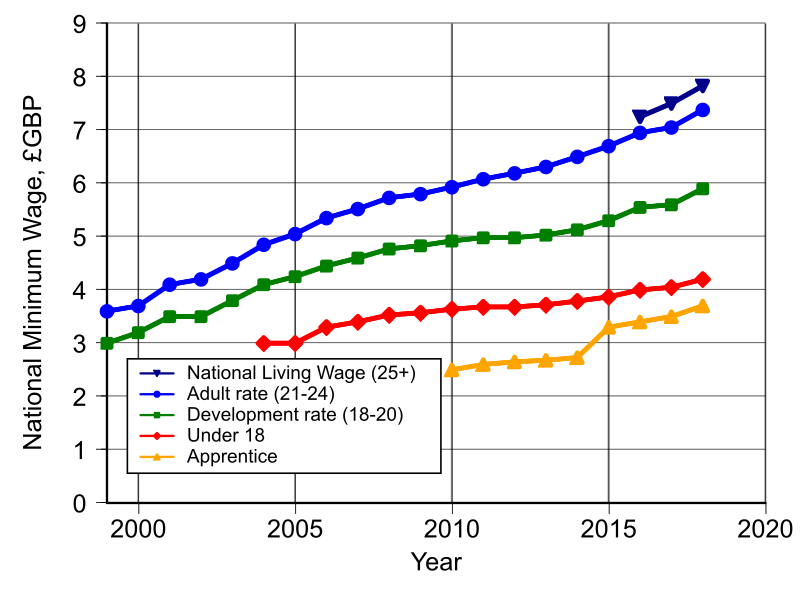UK Court Ruling on Market Mitigation Rule Provides Relief for Crypto Exchanges

In a significant legal development for the cryptocurrency industry, the Court of Appeal of England and Wales has upheld the market mitigation rule applicable to readily tradable digital assets, offering a reprieve to UK crypto exchanges. This ruling follows the dismissal of the majority of a $13.3 billion class action lawsuit against Binance, a leading cryptocurrency exchange, which alleged collusion among major exchanges to delist Bitcoin Satoshi Vision (BSV) in 2019.
According to Tom Aries, a litigation specialist at Pinsent Masons, the court's decision is noteworthy as it aligns the legal treatment of digital assets with that of traditional financial instruments. "The UK courts appear to be reinforcing the principle that speculative further gains are not compensable," Aries stated in an interview on June 11, 2025. This case underscores the ongoing legal evolution surrounding cryptocurrencies and could set a precedent for future litigation in this rapidly developing sector.
The lawsuit stemmed from allegations that Binance and other exchanges engaged in anti-competitive practices by delisting BSV, leading to a substantial decline in its market value—from £55 to £39 per coin. The claimants were categorized into three sub-classes: those who sold BSV before July 2022 (sub-class A), those who held BSV throughout and sought compensation for both immediate loss and potential future gains (sub-class B), and those who lost access to their BSV on the exchanges (sub-class C). Notably, sub-class B sought compensation amounting to £8.99 billion based on speculative growth.
The Competition Appeal Tribunal (CAT) initially narrowed the claims but did not fully dismiss them, prompting the appeal to the Court of Appeal. The court ruled that the damages claimed were speculative and that the claimants had a duty to mitigate losses by selling their assets in an open market, consistent with the market mitigation rule. The court further rejected claims for 'foregone growth' and loss of chance, stating that such arguments were rooted in speculation rather than substantiated legal grounds.
Jennifer Craven, also a partner at Pinsent Masons, remarked, "The court’s confirmation that the market mitigation rules apply to readily tradable digital assets should limit exchanges’ exposure to substantial speculative liability claims following delisting decisions." Nonetheless, smaller claims from investors who lost access to or sold their digital currencies at a loss may still proceed, indicating that the legal landscape for crypto exchanges remains complex and evolving.
This ruling comes at a time of increasing scrutiny of cryptocurrency markets globally, with regulators seeking to establish frameworks that both protect investors and foster innovation. The implications of this case extend beyond the immediate parties involved, as it may influence how digital assets are treated under existing financial regulations.
As the cryptocurrency market continues to grow, the legal principles established in this case will likely serve as a reference point for future disputes. Stakeholders in the crypto industry are urged to stay abreast of ongoing legal developments that could impact their operations and risk exposure in this dynamic market environment.
Advertisement
Tags
Advertisement





